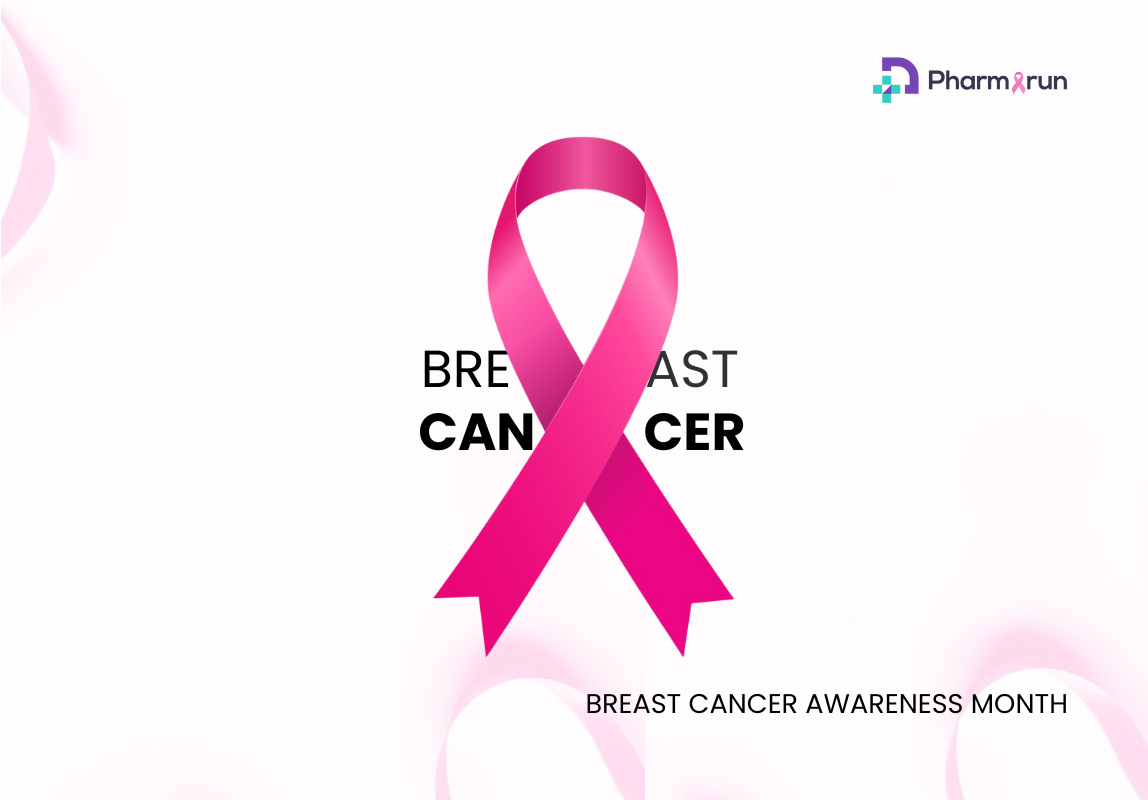Ulcers: Types, Symptoms and Prevention | Pharmarun | Online Pharmacy In Nigeria

Ulcers are a common health concern that can affect different parts of the body. They are not pleasant to deal with.
What are ulcers? Well, ulcers are open sores that develop on the skin or the lining of the organs. They can be found in various places, such as the stomach, mouth, or even on the legs. These sores can cause discomfort and pain.
Types of Ulcers
Ulcers come in different types, so to speak. Some of the common types include
1. Peptic ulcers, which are found in the stomach and small intestine.
2. Gastric ulcers, which have a special liking for the stomach lining.
3. Duodenal ulcers, which affect the upper part of the small intestine.
4. Aphthous ulcers, which are found inside the mouth.
Each type has its own symptoms and treatment.
Symptoms of Ulcer
Stomach Ulcers
When it comes to stomach ulcers, the stomach often sends us distress signals. Patients might experience a burning sensation or pain in the upper abdomen, especially after eating. Sometimes, this discomfort can travel up to the chest. Other signs can include bloating, feeling full quickly, or even unexplained weight loss.
Mouth Ulcers and Canker sores
This can make the simplest tasks, like eating or speaking, a real challenge. It can cause painful sores inside the mouth, on the gums, tongue, or inner cheeks. They might appear as round or oval-shaped white or yellowish spots with a red border.
Ulcer symptoms in Women
Ulcer symptoms can sometimes vary between men and women. Women might experience certain symptoms that are unique to them. For example, some women may mistake ulcer pain for heartburn or indigestion. Others might have symptoms such as nausea, vomiting, or bloating, which can be attributed to other conditions.
Causes of Ulcers
In order to understand how ulcers develop, we have to consider the factors that contribute to their formation. Let's take a closer look at some common causes and risk factors associated with ulcers.
Helicobacter pylori infection
One of the primary culprits behind ulcer formation is an infection caused by a bacteria called Helicobacter pylori. This bacterium can find its way into the digestive system, where it targets the protective lining of the stomach or small intestine. Its presence can lead to inflammation and make the affected area more susceptible to developing ulcers.
Nonsteroidal anti-inflammatory drugs (NSAIDs)
Many of us turn to nonsteroidal anti-inflammatory drugs (NSAIDs) like ibuprofen or aspirin to relieve pain and reduce inflammation. However, prolonged or excessive use of these medications can irritate the stomach lining, increasing the risk of ulcer formation.
Lifestyle factors and dietary habits
Certain lifestyle choices and dietary habits can also contribute to the development of ulcers. For instance, smoking tobacco and consuming excessive amounts of alcohol can weaken the stomach's protective lining, making it more susceptible to damage and ulcers. Additionally, a diet high in spicy or acidic foods may irritate the stomach lining, potentially leading to ulcer formation.
Can Stress Cause Ulcers?
It turns out that stress can play a role in the formation of ulcers. When we're stressed, the body produces more stomach acid, which can irritate the lining and create an environment where ulcers can thrive.

Diagnosis and Treatment of Ulcers
To test if Patients have an ulcer, healthcare professionals may employ diagnostic procedures such as endoscopy. During an endoscopy, a thin, flexible tube with a camera is inserted into the digestive tract to examine the affected area. In some cases, a biopsy may be taken to analyze tissue samples for further investigation. Imaging techniques, such as X-rays or CT scans, are also used to determine the location and severity of ulcers.
Medical treatments for ulcers
Once diagnosed, healthcare providers may recommend specific medical treatments to manage ulcers effectively. One common treatment option is the use of proton pump inhibitors (PPIs). PPIs reduce the production of stomach acid, allowing the ulcer to heal by creating a favorable environment. Other medications, such as antibiotics to target Helicobacter pylori infection, may also be prescribed based on the underlying cause of the ulcer.
Alongside medical treatments, adopting certain lifestyle modifications and dietary changes can aid in ulcer management, e.g avoiding triggers that can exacerbate ulcer symptoms, such as spicy foods, alcohol, and smoking. Eating a balanced diet with foods that are gentle on the stomach, like fruits, vegetables, lean proteins, and whole grains, can promote healing and prevent further irritation.
In severe cases or when complications arise, surgical interventions may be necessary. Surgery can help address issues such as perforation, obstruction, or excessive bleeding associated with ulcers. Procedures like endoscopic therapies, vagotomy, or even partial removal of the stomach may be performed to alleviate symptoms and promote healing.
Prevention of Ulcers
Healthy lifestyle Tips to prevent ulcers
1. Regular exercise can help reduce stress levels and prevent ulcers.
2. Quitting smoking and moderating alcohol consumption can also decrease the risk of developing ulcers.
3. Engaging in activities such as yoga, meditation, deep breathing exercises, or pursuing hobbies that bring joy and relaxation can effectively reduce stress levels.
4. Regular brushing and flossing can help keep our mouths clean and minimize the risk of developing ulcers.
5. Avoiding irritants like spicy or acidic foods and using a soft-bristled toothbrush can prevent further irritation to the delicate tissues in our mouth.
Early Warning Signs of Ulcers
Persistent abdominal pain, discomfort, or any unusual symptoms should not be ignored. Seek medical attention promptly so you can prevent more complications.
Conclusion
When it comes to Ulcers, management is key. If you have concerns or need professional advice, you can consult with a healthcare professional for free with Pharmarun. If you would also like free resources and tools on how to maintain your health while battling health conditions, fill this form to join our community for free. If you need to buy any medications, visit our website to order now and enjoy fast delivery within 3 hours, no matter your location.
Lastest bants
Stories, facts and bants on this journey to ensuring access to medication for Africa
Download Pharmarun today!
Get started with us today by using our delivery service. Also, be one of the first to experience our unique healthcare platform.





